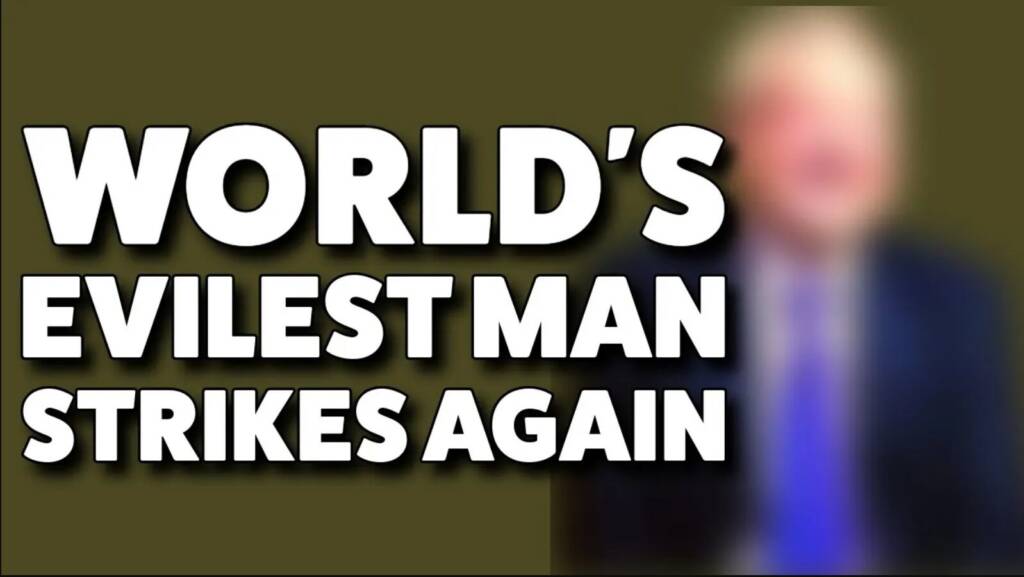It is crucial to scrutinize the activities and financial influences of George Soros, particularly regarding his involvement with the recent university protests and movements. Claims suggest Soros is funneling substantial sums into supporting left-wing activists, specifically through substantial payments to those stationed at college encampments across the United States. According to reports, significant figures within the pro-Palestine movements at these universities are fellows under the Soros-funded US Campaign for Palestinian Rights (USCPR).
The funding model is particularly concerning: ‘community-based’ fellows receive up to $7,800, while ‘campus-based’ ones are paid between $2,880 and $3,660 for organizing efforts that require only eight hours weekly. These payments facilitate campaigns that are directly led by Palestinian organizations, pushing agendas that do not align with broader societal or educational values. The USCPR explicitly directs its fellows to aim for revolution, rather than reform, which suggests a radical shift away from constructive discourse towards more disruptive actions.
The influence of Soros’ money, amounting to at least $300,000 since 2017 to the USCPR alone, raises questions about the integrity of academic environments and their susceptibility to external political influences. This pattern isn’t isolated; similar strategies were observed with movements like Antifa and Black Lives Matter, indicating a systematic approach to stoking unrest under the guise of activism.
The coordinated nature of these encampments across various campuses suggests premeditation and approval at high levels, possibly even sanctioned by governmental entities.
George Soros remains a polarizing figure, particularly due to his extensive financial involvement in global political landscapes. His controversial actions have led to him being banned in six countries, including his birthplace, Hungary. This is indicative of a broader discomfort with his methods and influence, which seems to systematically destabilize socio-economic structures for profit and ideological gains.
Soros’s reputation was notably marked by his maneuvers during the Black Wednesday financial crisis in 1992. By heavily betting against the British pound, he forced it out of the European Exchange Rate Mechanism, causing significant economic turmoil and resulting in a loss of approximately $5.5 billion for the U.K. His actions earned him the title “the man who broke the Bank of England,” highlighting his capacity to affect national economies adversely.
Further complicating his image are the accusations of insider trading for which he was convicted in France. Such actions question the legality and ethics of his investment strategies. Domestically, Soros has been accused of excessive political spending, challenging campaign finance laws meant to prevent undue influence over democratic processes.
Allegations extend to manipulating crises for obscure objectives, such as fueling the European refugee crisis, which some suggest serves to destabilize regions strategically. His political contributions in the United States have also been significant and selective, exclusively supporting Democratic candidates and causes. His substantial financial support to prevent Brexit and his recent $60 million donation to Democrats demonstrate a strategic intention to shape political outcomes aligning with his views.
These activities, combined with claims of his intent to undermine American sovereignty, paint a picture of a financier using his wealth to influence global politics. Such influential maneuvers necessitate a critical examination of the impact high-stake investors like Soros have on global governance and societal stability.
George Soros’s actions have left a trail of destruction and discord wherever his money flows. From allegations of crimes against humanity for collaborating with Nazis during World War II to his sponsorship of radical leftist intellectuals, Soros’s influence has been consistently controversial. His support for individuals who incite radicalism among students, combined with his family’s alleged ties to militantism, underscores the need for stringent governmental action.
Soros’s statements, such as advocating for Hamas and his admitted collaboration with Nazis, further fuel condemnation of his ideologies and intentions. It is imperative for the U.S. Government to officially designate him as the radical he is, and for his assets to be seized. His contributions to societal unrest and his apparent disregard for ethical boundaries demand accountability.
